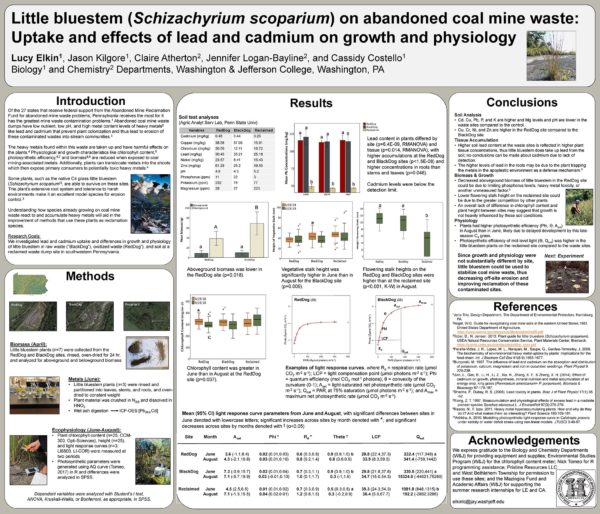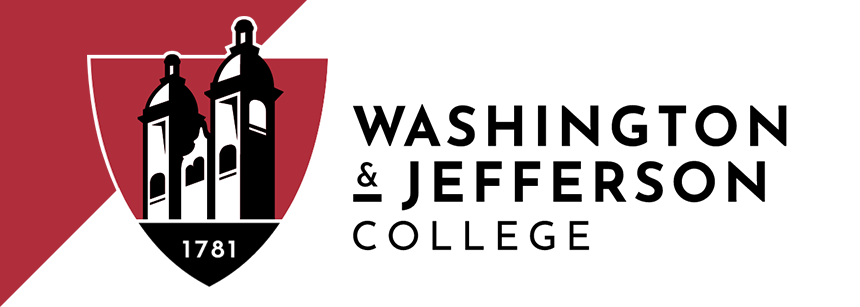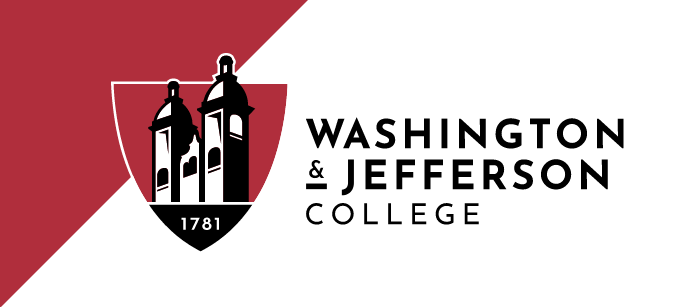Summer 2018 Synopsis
Project Team Leaders: Dr. Jason Kilgore and Dr. Jennifer Logan-Bayline
W&J LIASE faculty member Dr. Jason Kilgore of W&J’s Biology Department traveled to China in May-June 2018 with W&J students Claire Atherton (Biochemistry ’20) and Lucy Elkin (Biology ’20).
They spent a week in Beijing visiting important historical and cultural sites, such as the Forbidden City and Mutianyu Great Wall, as well as numerous parks in the city. They then traveled to Guangzhou to work with their collaborators – Drs. Yulian Gong and Zhidan Li – and many students and representatives of the Guangdong University of Education (GUE) for their LIASE project titled “Phytoremediation of Contaminated Sites.”
Following introductory talks by both W&J and GUE faculty and students, Dr. Kilgore and his students observed and then practiced methods for plant tissue preparation and analysis for heavy metals via microwave acid digestion and atomic absorption (AA) spectrophotometry. They compared these techniques to those already used at W&J and then developed a proposal to jointly investigate the uptake and mediation of that uptake of lead by a commonly consumed leafy vegetable called Indian mustard (Brassica juncea).
With supervision by Drs. Kilgore and Gong, as well as Dr. Jennifer Logan-Bayline (W&J Chemistry Department), Atherton and Elkin will cooperatively lead this project with GUE students through the 2018-19 academic year.
In addition, Drs. Gong and Kilgore jointly submitted a proposal to compile and develop additional laboratory exercises for courses focusing on pollution ecology.
While in Guangzhou, Dr. Kilgore and his students explored the city, the Pearl River, and many of its parks and historical sites, with several of the GUE students often accompanying them on their journeys. For example, they explored the South China Botanical Gardens, Yuexiu Park, Guangzhou Museum, Haizhu wetlands, and Chen Clan Ancestral Hall.
Following their return to the US in mid-June, Drs. Kilgore and Logan-Bayline worked with Atherton and Elkin in an extended research internship related to the uptake of lead and cadmium by little bluestem (Schizachyrium scoparium) in coal mine refuse sites. Atherton developed and optimized protocols for measuring lead and cadmium in soil and different plant tissues, while Elkin measured ecophysiological responses and growth of this grass in these sites.
In addition, Dr. Kilgore and Elkin established a long-term planting experiment on one of the coal mine refuse sites, which will be visited by Drs. Gong and Li when they come to W&J.
Click image below or here to open PDF version.

Elkin, L.*, J. Kilgore, C. Atherton, J. Logan-Bayline, and C. Costello. 2018. Little bluestem (Schizachyrium scoparium) on abandoned coal mine waste: Uptake and effects of lead and cadmium on growth and physiology. Poster presented at the 2018 Pennsylvania Botany Symposium, State College, PA, Nov 2018.

